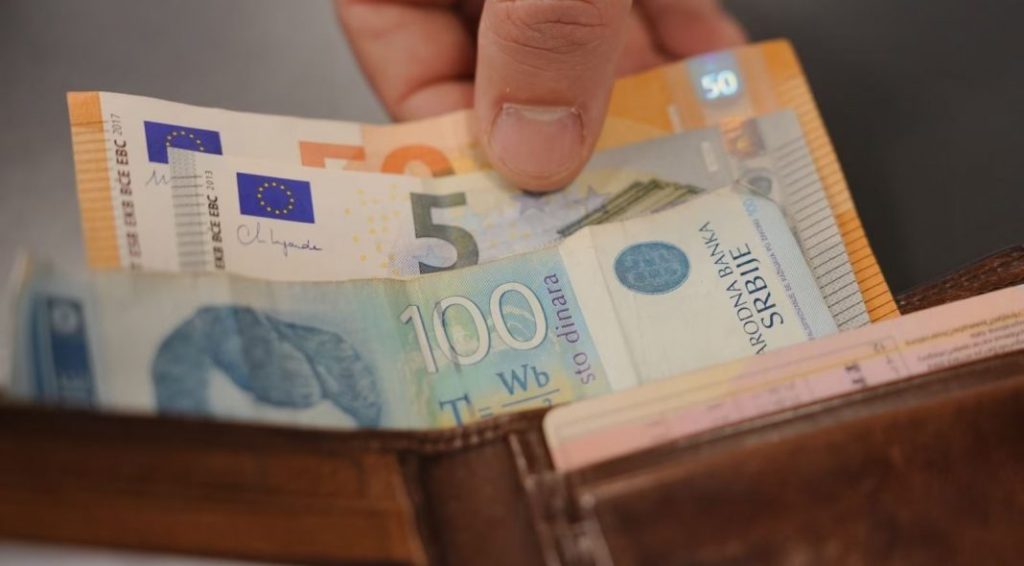
Guarding Against Counterfeit Currency in Genoa: Strategies for Financial Security
counterfeit currency in genoa , the historic port city nestled on the Italian Riviera, renowned for its maritime heritage, cultural landmarks, and economic significance, faces the persistent challenge of counterfeit currency. Despite efforts to fortify security features and promote digital transactions, counterfeiters persist in producing fake banknotes, endangering businesses, individuals, and the integrity of the financial system. This article delves into the issue of counterfeit currency in Genoa and explores strategies to confront this illicit activity.
The Risks of Counterfeit Currency:
Counterfeit currency presents substantial risks to Genoa’s financial stability and reputation. Fake banknotes can circulate undetected, resulting in financial losses for businesses and individuals who unwittingly accept them. Furthermore, the proliferation of counterfeit currency erodes trust in the euro, Italy’s national currency used in the Eurozone, potentially causing economic turmoil and undermining confidence in financial institutions.
Detection Challenges:
Detecting counterfeit currency poses formidable challenges as counterfeiters continually refine their methods to evade detection. In Genoa, where cash transactions persist alongside digital payments, individuals and businesses must remain vigilant to avoid falling victim to counterfeit currency scams. Insufficient awareness and limited expertise in counterfeit detection exacerbate the community’s vulnerability to financial losses.
Safeguards and Prevention Measures:
To counter the threat of counterfeit currency, Genoa implements various safeguards and prevention measures. The European Central Bank collaborates closely with law enforcement agencies to enhance security features on euro banknotes regularly. These features encompass intricate elements such as holograms, watermarks, and security threads, rendering counterfeiting attempts more difficult.
Additionally, public awareness campaigns play a pivotal role in educating individuals about the security features of euro banknotes and promoting the adoption of electronic payment methods. Businesses are encouraged to invest in counterfeit detection technology and provide comprehensive training to employees on recognizing counterfeit currency.
Collaborative Efforts:
Addressing counterfeit currency necessitates collaborative efforts among governmental bodies, law enforcement agencies, financial institutions, and the public. In Genoa, organizations like the Italian National Police and the Ministry of Economy and Finance work in tandem to investigate counterfeit currency cases and apprehend perpetrators. Public awareness initiatives empower individuals to identify and report suspicious banknotes, bolstering efforts to combat counterfeit currency.
Conclusion:
Counterfeit currency poses a significant threat to Genoa’s financial integrity and public trust. By implementing robust detection measures, enhancing public awareness, and fostering collaboration between stakeholders. Genoa can mitigate the risks associated with counterfeit currency and safeguard its financial ecosystem. Continued vigilance, proactive measures, and ongoing cooperation are crucial in effectively combating counterfeit currency. Preserving Genoa’s reputation as a secure and prosperous city.
